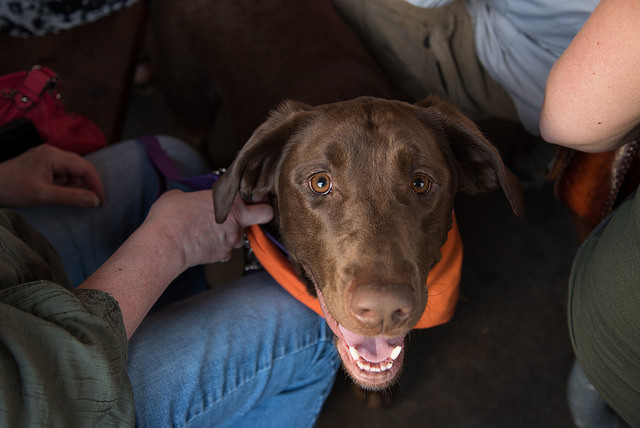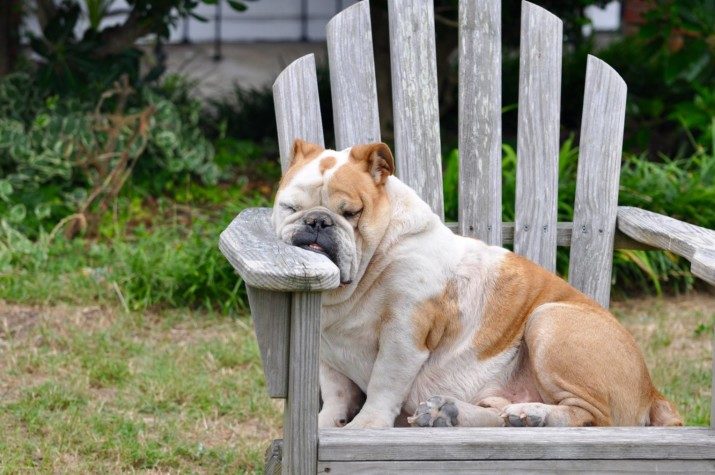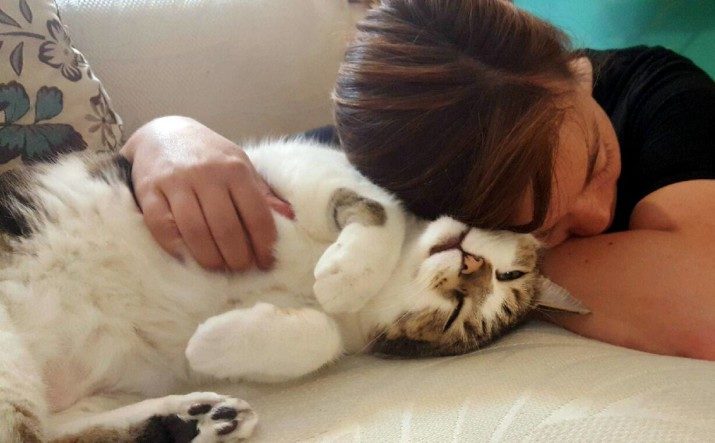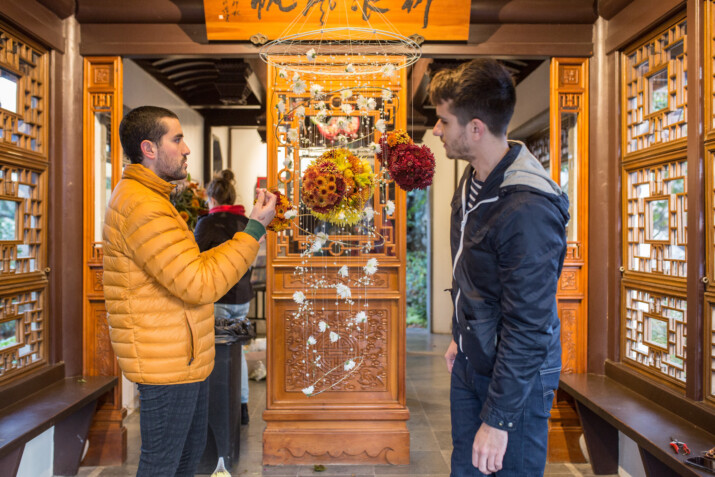Portland, OR. DoveLewis is encouraging pet owners to take extra care with their animals during the hot weather. Make sure your pets have access to plenty of shade and water. Your dog will not complain if he or she is suffering from too much sun, heat, exercise or thirst, so pay close attention.
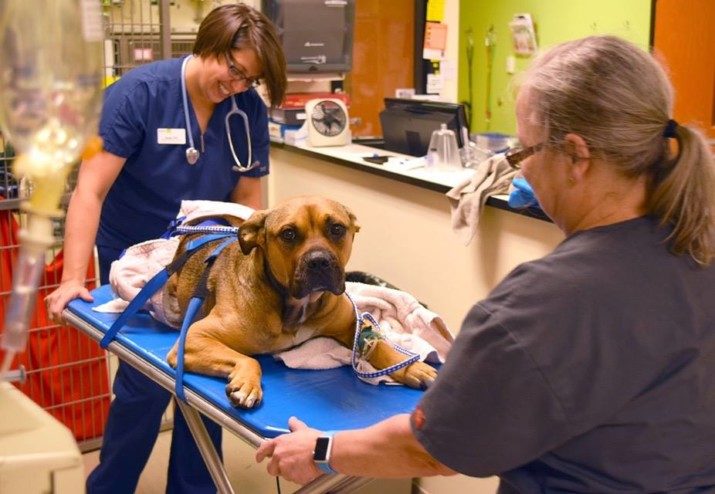
On Memorial Day, DoveLewis treated a record-breaking number of patients – 95 animals in one day. Doctors saw a total of 253 that weekend.
Veterinarians have advice to prevent heatstroke:
Always use extreme caution if your pets are in the car. Signs of heatstroke include: panting, staring, warm dry skin, high fever, anxious expression, rapid heartbeat, refusal to obey commands, vomiting, wobbly gait, collapse. If you suspect your pet has heatstroke, call a veterinarian immediately. In the meantime, remove the animal from the heat and continuously wet down the animal thoroughly by spraying or pouring cool water over the animal. Make sure there is complete penetration of the hair coat and that the belly and groin areas are wetted down as well. Avoid complete immersion in water because heat cannot leave the body as effectively. If available use a fan to help cool the animal while it is wet. Often the pet will respond after only a few minutes of cooling, only to falter again with his temperature soaring back up or falling to well below what is normal. With this in mind, remember that it is imperative to get the animal to a veterinarian.
When it’s hot, exercise your pet early in the morning or later at night. Rinse dogs off after hikes and swims. Pay special attention to cleaning their ears and around their paw pads and toes. Also check eyes, nostrils, legs and footpads for ticks, debris or soreness.
Animals can get sunburned just like their humans. Sunburns can cause pain, peeling, and skin cancer. Animals with light colored or thin hair may be especially susceptible. When you go out, remember to use pet safe sunblock on unprotected areas like the tips of the ears, skin around the lips, and top of the nose. If the sunblock is safe for babies, it should be safe for your pet.
Beware of antifreeze–it is toxic even in very small amounts. During the summer, cars are more likely to over heat and may leak antifreeze – the bright green liquid found oozing from that car with the engine fan on. Antifreeze tastes sweet and may be inviting to pets.
Take caution in using pesticides. Some pets may be attracted to slug bait, mole poison, and systemic pesticides like Ortho and Bonide. Make sure pets stay away from areas with chemicals for several days after use. Flower bulbs can be toxic for pets. Tulip and narcissus bulbs can cause distress if ingested. Additionally, lilies are highly toxic to cats. Use caution with plants in and around your home.
As the 4th of July Holiday approaches experts remind pet owners that anxiety is the most common problem for pets around fireworks. One of the best ways to keep pets safe during fireworks season is to keep them inside. A radio or fan can provide soothing background noise to drown out the sound of fireworks.
For more information, check out the DoveLewis website at: https://www.dovelewis.org/


